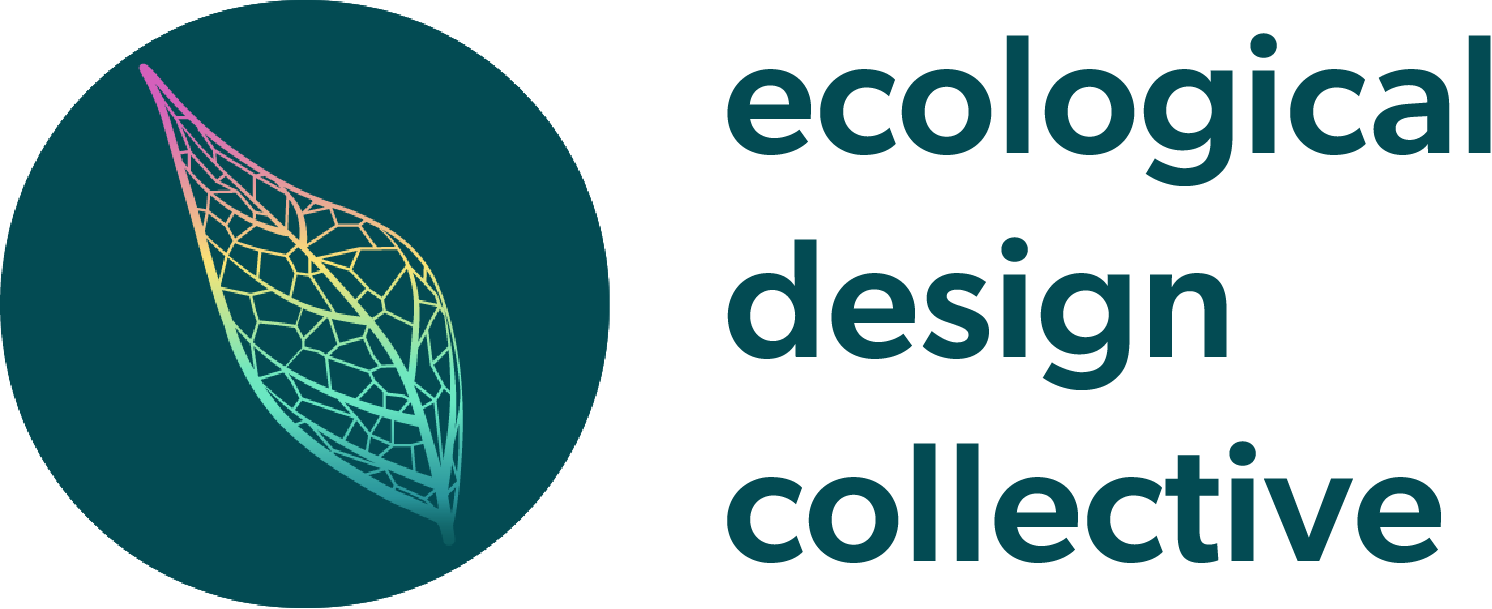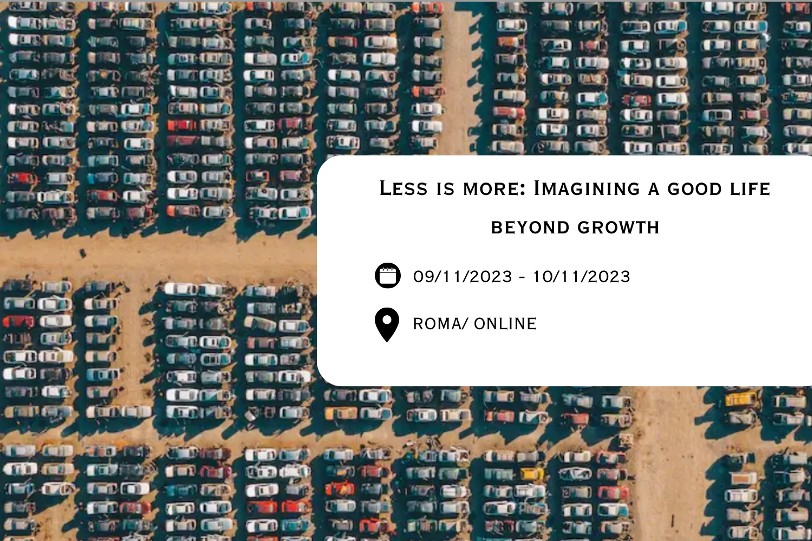“The global environmental crisis is a fact. The urgent need for sustainable solutions to stop environmental damage is more pressing and ubiquitous than ever, and it’s clear that these solutions need to consider both social and environmental justice. While in theory there is a large societal consensus that action is needed within this decade, opinions vary as to what kind of changes are needed, and how to achieve them. In this context, research on ‘degrowth’ or ‘postgrowth’ plays an important role in various research fields and social movements, and forms the basis of a dynamic discussion about the potential and limits to growth.
While advocates of economic growth argue that the solution lies in technological innovation and market mechanisms and that without further growth there is no development and wealth, critics warn that ‘green growth’ is a narrative that is used to displace socio-ecological costs elsewhere, while technology is neither able to repair existent damages and lost resources nor to make people live happier and healthier lives. Degrowth ideas and practices demand to be sustainable both socially and environmentally.
Engaging with contemporary interdisciplinary research on ‘post-growth-societies’, Istituto Svizzero seeks to feature a debate on ‘the limits to growth’. This was the title of a report published by the Think Tank Club of Rome in 1972. In the context of the first environmental movement in the 1970ies it provoked a debate that is seeing a revival in recent academic fields and social movements. What does it take to transform our societies to achieve a more just distribution of resources and more resilient systems, today and for future generations? How can we imagine a good life beyond growth?”




Responses